This content contains affiliate links. When you buy through these links, we may earn an affiliate commission.
As someone born in 1997 and thus one of the oldest members of Generation Z, I have mixed feelings about how much your generation really influences your personality. On one hand, I think many people want the same things — to have a happy, fulfilling life and to see their loved ones do the same — and that those from different generations are probably more alike than they seem. But I do think that the stage of life we’re in and the challenging landscape we’ve grown up in gives us desires and concerns that are unique to those our age, which is why I’ve put together this list of the best books for Gen Z readers.
With a variety of fiction and nonfiction, the 10 books ahead are some of the best books for Gen Z readers. Because Gen Z encompasses such a wide spectrum of ages (the oldest of us are 27, and the youngest are 11), I’ve built this list for a specific range within Gen Z. The focus here is skewed towards the older end of the generation, who are in their early adult years and often seeking guidance on how to live a meaningful and independent life.
For book recommendations geared toward the younger members of Gen Z who are still going through their middle and high school years, the following lists are a great starting point:
Now, let’s get into it! Which are the best books for Gen Z readers that address the problems Gen Zers in their early adult years are facing right now?
10 of the Best Books for Gen Z Readers
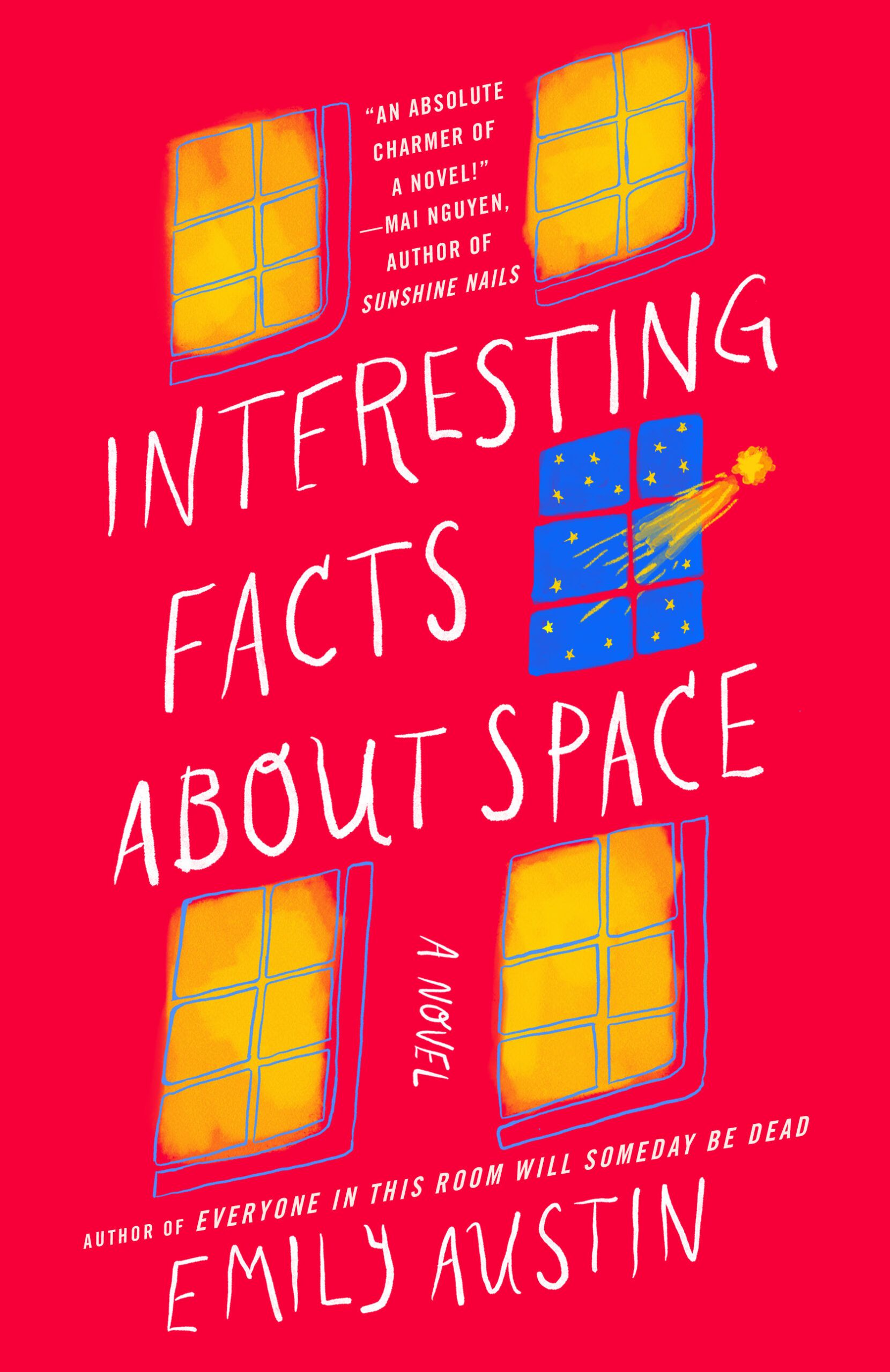

Interesting Facts About Space by Emily Austin
Emily Austin captures the existential anxieties many face in their twenties better than any author I’ve read. It’s cathartic in the sense of “I don’t always love that I relate to this, but I certainly do.”
In this novel, an autistic woman working as a space researcher navigates her mother’s deteriorating mental health, a possible stalking situation, and the paranoia that there is something deeply and inherently wrong with her.
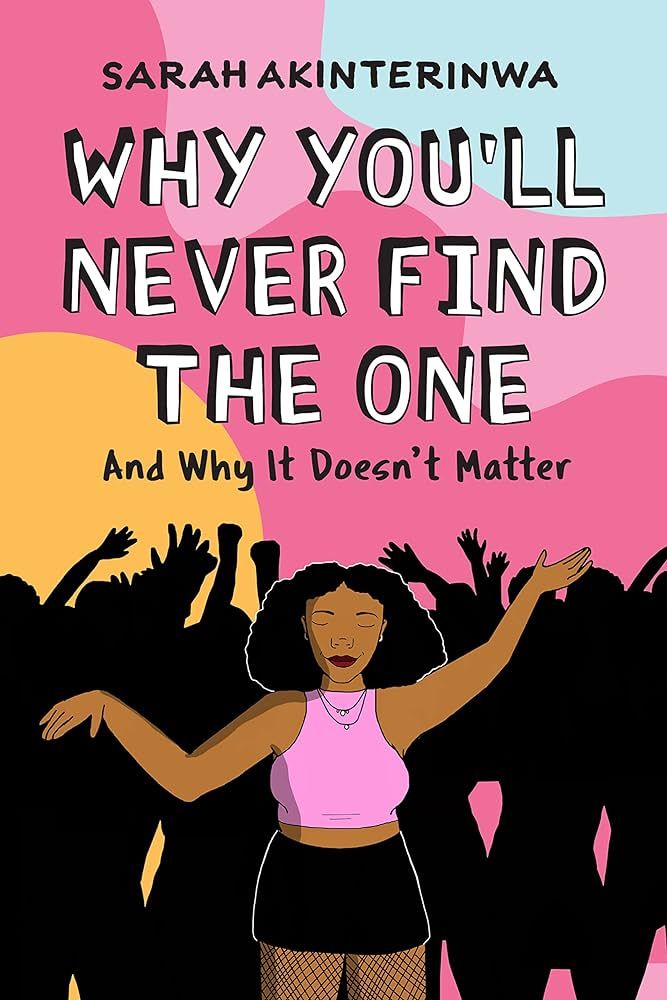

Why You’ll Never Find the One: And Why It Doesn’t Matter by Sarah Akinterinwa
Relationships — romantic or otherwise — are a source of stress for many Gen Zers. New Yorker cartoonist Sarah Akinterinwa offers a fresh perspective on love and dating here, with the reminder that being okay with who you are and choosing to build a fulfilling life is a lot more important than finding the “perfect partner.”
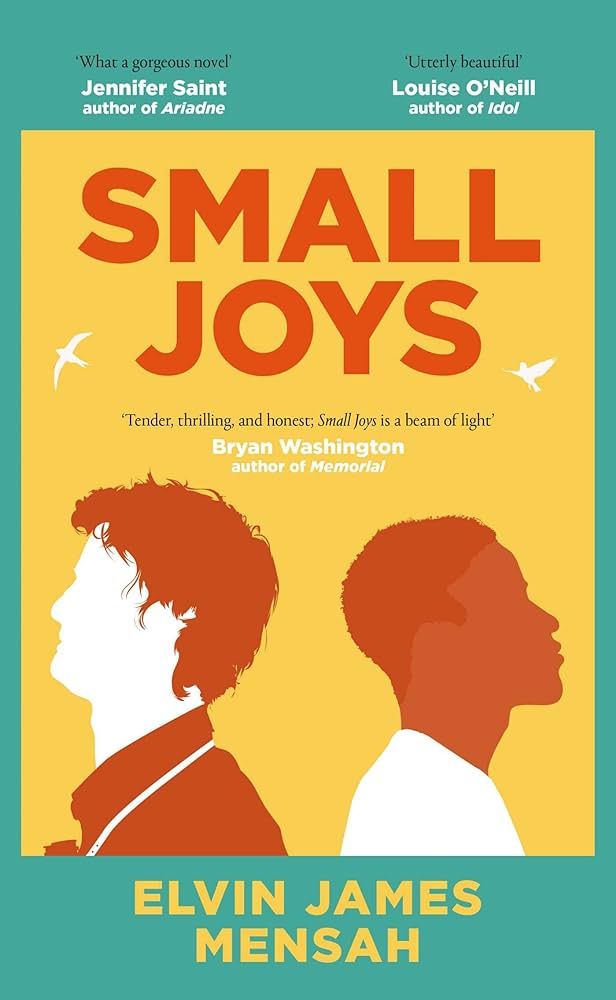

Small Joys by Elvin James Mensah
The crises faced in early adulthood can often feel insurmountable. This novel can offer empathy for the current moment a reader might be facing and bring out hope for better days.
It follows Harley, a 21-year-old gay British man at a difficult crossroads in his life. He recently dropped out of college, has severe depression, and struggles to talk about either with his family. But a close bond with his roommate, Muddy, helps him figure out what he wants life to look like on his own terms.
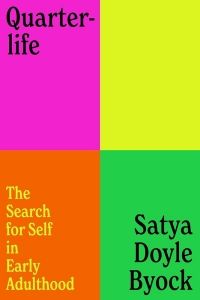

Quarterlife: The Search for Self in Early Adulthood by Satya Doyle Byock
Written by a research psychotherapist, this book provides guidance on common issues people run into between the ages of 16 and 36 — covering a large portion of Gen Z’s current life stage. Byock shares insights on not only why these years are so complicated but how to find fulfillment during them.
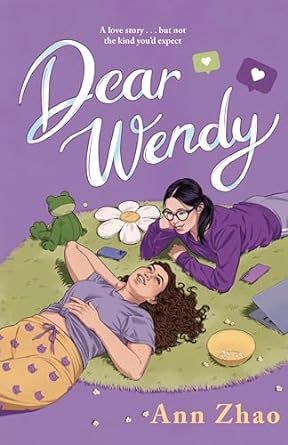

Dear Wendy by Ann Zhao
As many Gen Zers search for identity and independence in early adulthood, this YA novel can be a source of comfort. It’s a coming-of-age novel about two college students who unwittingly befriend their online rival. As the balance between their relationship and the truth gets increasingly precarious, they also navigate the chaos of their freshman year.
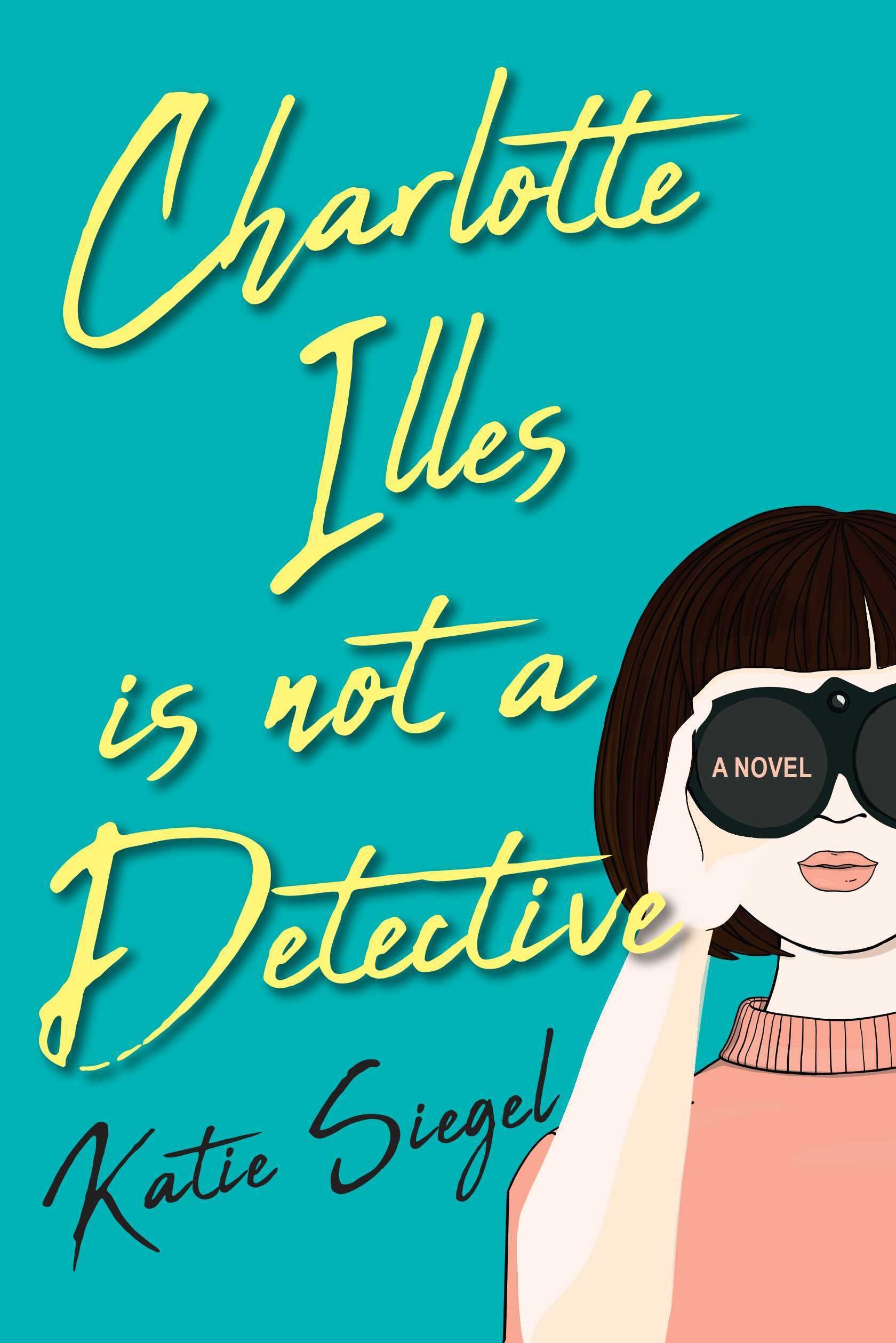

Charlotte Illes is Not a Detective by Katie Siegel
Gen Zers often reach a point in their twenties where they feel a disconnect between the potential adults saw in them growing up and how their life actually turned out. I certainly have, and so has the heroine of this book. Her story, while mainly a whodunit, is one of self-acceptance.
Charlotte Illes is a former kid detective (think Nancy Drew) now facing an existential crisis ten years later. Getting entangled in a murder case after so many years of nothing excites her, but it also pushes her sleuthing skills to her limits. She must rely on her friends and family not just to solve the crime but to escape grave danger.
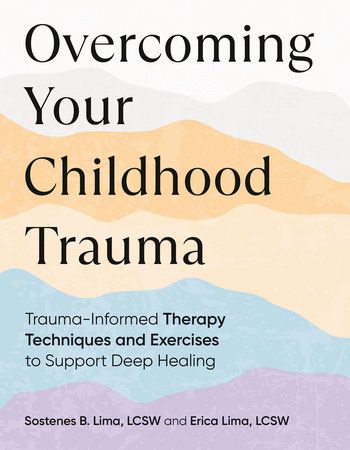

Overcoming Your Childhood Trauma by Sostenes B. Lima and Erica Lima
While trauma is an inevitable part of life, working through it is possible. I think as Gen Z begins to reflect on the complexities of their childhoods, this book can be a great support. Clinicians Sostenes B. Lima and Erica Lima explain the neuroscience behind trauma as well as accessible strategies for how to process and heal from it.
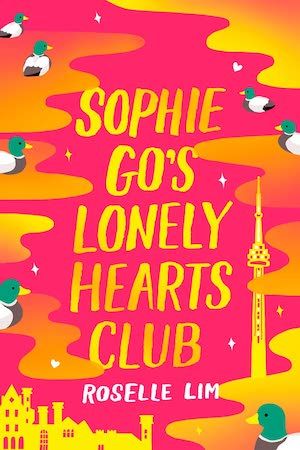

Sophie Go’s Lonely Hearts Club by Roselle Lim
Intergenerational friendships can be rewarding, not just for Gen Z but for everyone. As a transgender man in my twenties, some of the most meaningful friendships I’ve had are with trans elders who have gone through similar things that I am now and can offer advice.
With that in mind, this novel about a woman’s particularly unique intergenerational friendship can be a source of inspiration. Its heroine, Sophie, is a struggling matchmaker who can see the bonds between people as if they were literal threads. When she agrees to work with a group of seventy-somethings looking for love, they help her heal from her own past along the way.
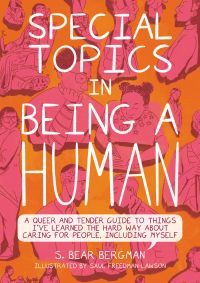

Special Topics in Being a Human by S. Bear Bergman
S. Bear Bergman is one of the most thoughtful and compassionate advice columnists around. Personally, I think everyone can find value in this book, but especially young adults, which is why it’s one of the best books for Gen Z readers to pick up. Accompanied by vibrant illustrations, Bergman answers complex questions about how to treat others and yourself well, like “How to Be Bad at Something and Do It Anyway” and “How to Tell People Things They Very Probably Won’t Be Happy to Hear, at Least at First.”
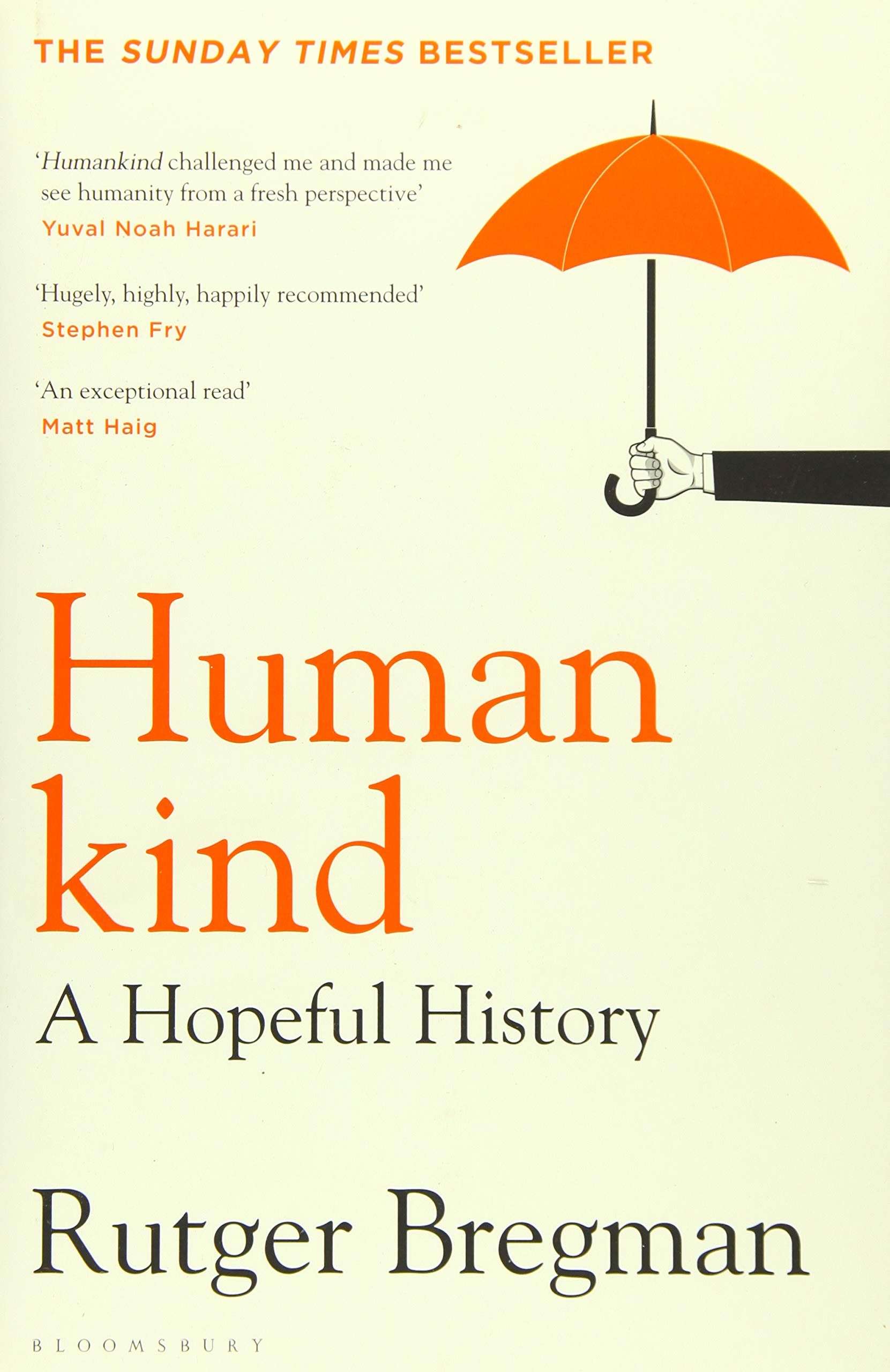

Humankind by Rutger Bregman
Gen Z is entering adulthood in a world that often feels terrifying. Despair can seem like the only rational response, but it’s through hope that we have a chance at changing the future for the better.
In this last recommendation, Dutch historian Rutger Bregman presents a view of human history as one built on an innate drive to help each other. He doesn’t avoid discussing the realities of human cruelty but stresses our capacity for kindness and cooperation. He suggests that by embracing this instead of cynicism, we can create widespread change and overcome the worst aspects of humanity.
For more discussions on the bookish habits of Generation Z, read Book Rioter Melissa Baron’s essay “What are the Actual Reading Trends of Gen Z?”

